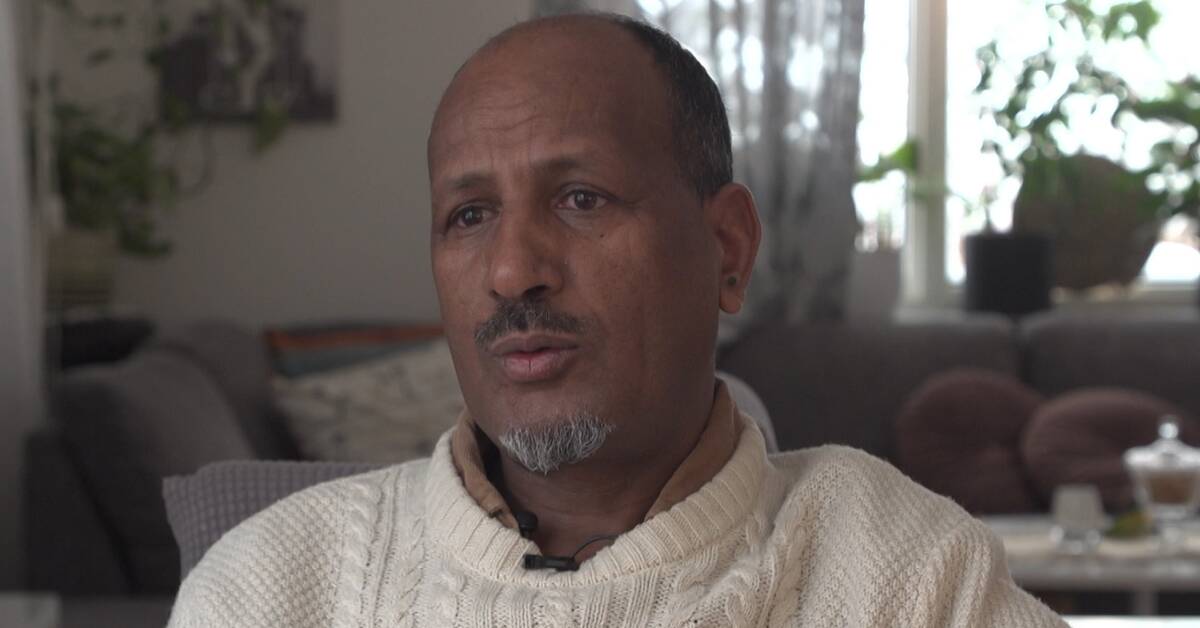SVT Nyheter meets Asfaha Semere in his family's three-room apartment in southern Stockholm.
He lives there, his wife Zaid, and their daughter Freja, who goes to school.
The parents have the most common jobs in Sweden: assistant nurses, in elderly care and in hospitals.
Four months ago, their three-year fixed mortgage expired.
Since then, nothing has been the same in the household economy.
- Then came the bang.
The interest then became four times higher than what we previously had, says Asfaha Semere.
Economist: Facing a nasty surprise
The pace of today's interest rate increases stands out compared to earlier in the 2000s.
The Riksbank has now raised the key interest rate from 0 to 3.0 percent in nine months.
The Riksbank has also flagged for new increases of upwards of 0.5 percentage points in April.
But many economists believe that is already history - they believe instead that the Riksbank's increases will be even greater.
- Given that households are very highly leveraged, around 200 percent of their annual disposable income on average, we are facing an unpleasant surprise during the course of the year, says Fredrik Söderqvist, who is an economist at the union LO.
The surprise is that the interest rate increases that have already been made, in whole or in part, have not yet landed in Swedes' wallets.
Loans worth SEK 3,534 billion or the equivalent of 72 percent of Swedes' total loans, most of which are mortgages, expire this year.
"We are already using savings"
An even higher interest cost for the three-room apartment in southern Stockholm may be difficult for the Semere family to cope with.
- Thank God we both work, but it's not enough, says Asfaha Semere, and continues:
- We are already using savings, but I don't know how long it will last.

